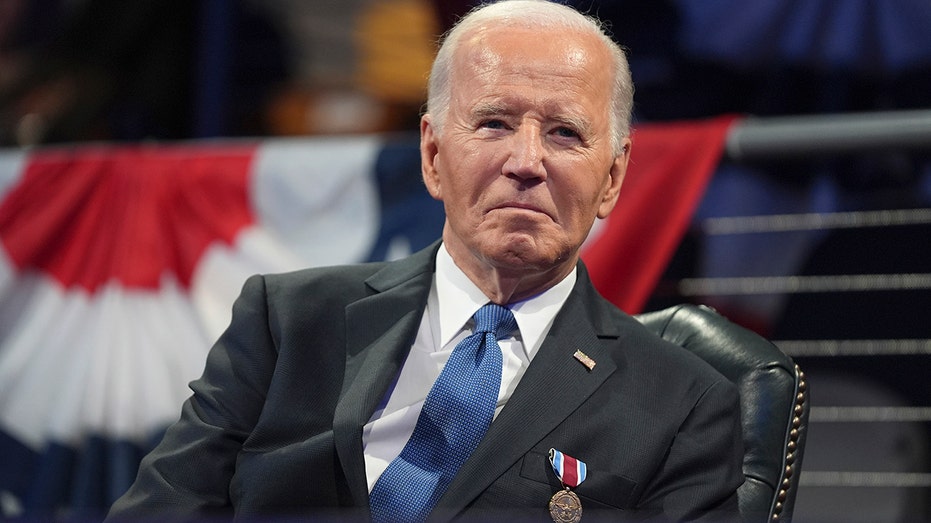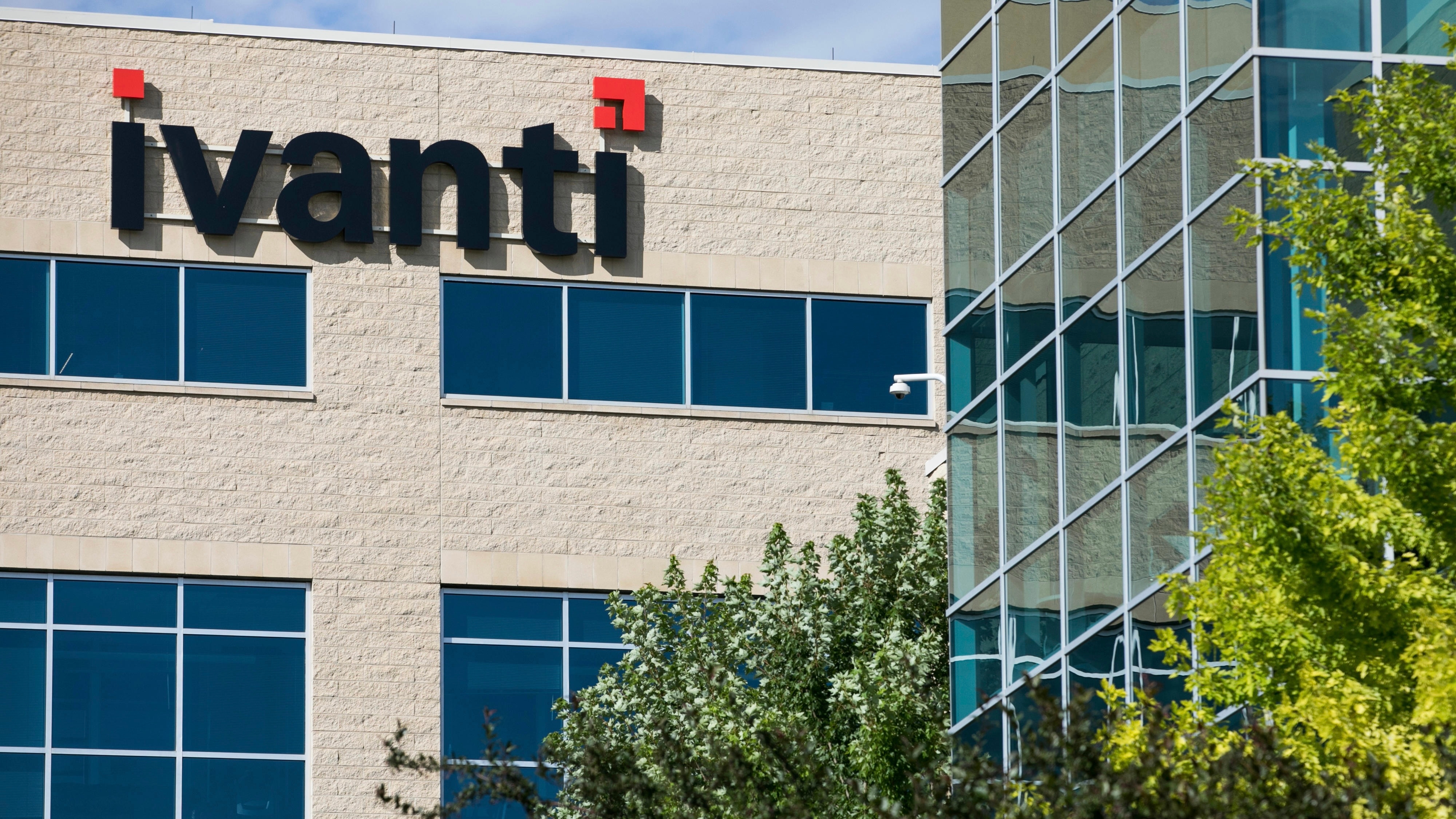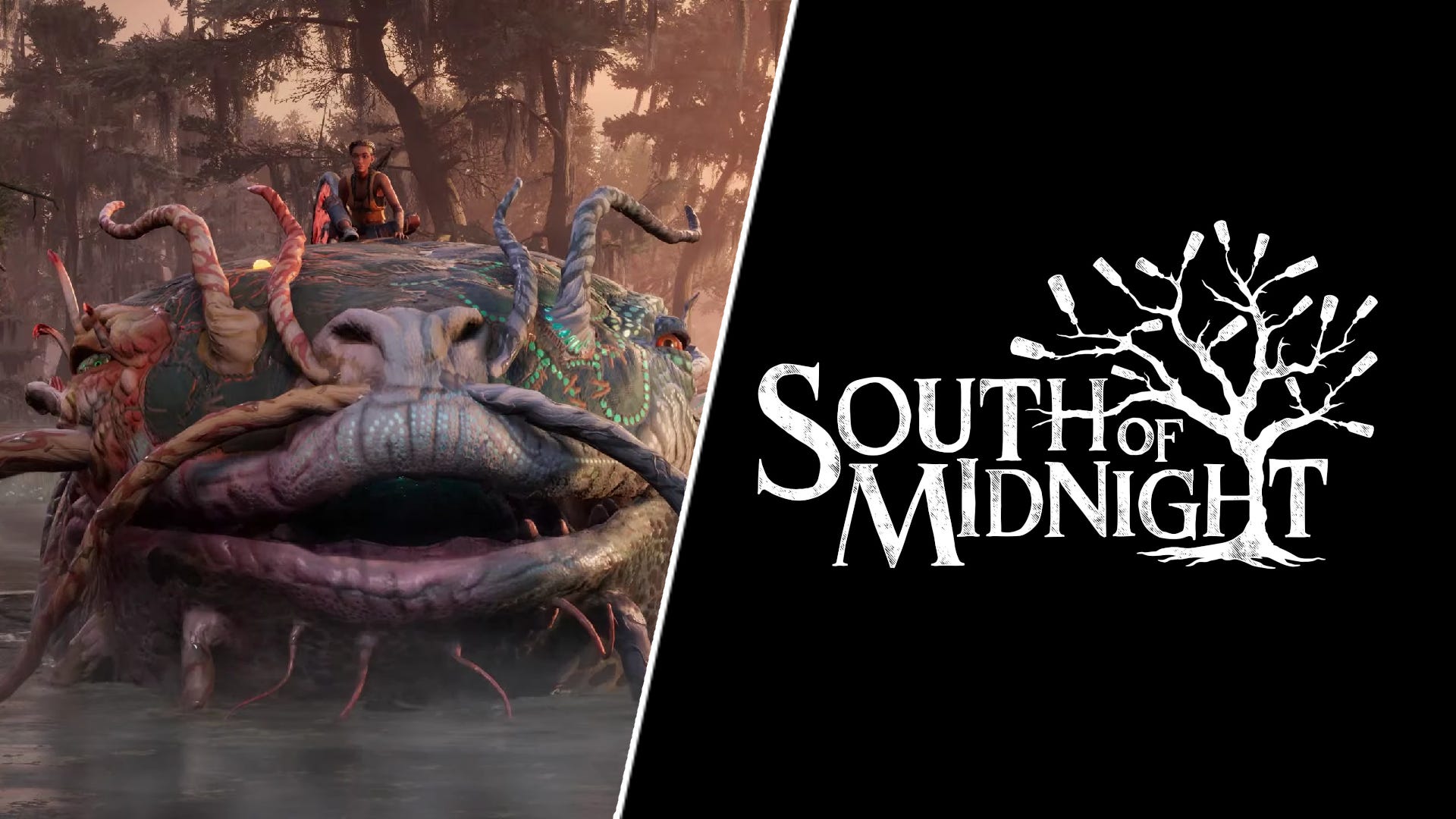What 2025 Holds for the World
This special issue partnered with the World Economic Forum highlights the themes and ideas that we think will truly matter this year.


When I talked to Borge Brende recently about what 2025 has in store for us, he started by looking not forward but backward. Seeking to understand our new horizons—the theme of this issue—the World Economic Forum president compared this year to 1918, 1945, and 1989. We are, in his view, living at a moment of seismic change. “There is a new order on its way,” he said, “but we don’t know exactly where it is.” Following a year of global elections, marked by rising populism and fury at the establishment, we enter into 2025 alert to new challenges and opportunities ahead, and aware that they can come swiftly. [time-brightcove not-tgx=”true”]
As has been the case since 2018, we are partnering with the World Economic Forum to mark the annual gathering of world leaders in Davos, Switzerland; this year, the resulting special issue was overseen by TIME senior editor Ayesha Javed. It is our effort to gather leading voices, as well as reporting from our staff around the world, to highlight the themes and ideas that we think will truly matter this year.
TIME owner and co-chair Marc Benioff, the CEO and co-founder of Salesforce, writes about what he sees as an unlimited age, one of growing productivity, made possible by the arrival of autonomous artificial intelligence agents. You’ll see a few of those agents have joined WEF founder Klaus Schwab, Argentina’s President Javier Milei, Nobel Prize winner Muhammad Yunus, and World Trade Organization director-general Ngozi Okonjo-Iweala on our special Davos cover, painted as in years past by Tim O’Brien. This year’s annual meeting kicks off on the same day as Donald Trump’s Inauguration as the 47th U.S. President. His return to office will be Topic A in Davos this year, and he crashes this year’s cover too.

Joining the AI theme, TIME’s Billy Perrigo writes about the position that the U.K. has seized to make this digital transformation safer. We also welcome leading voices from outside TIME on the subject of our digital future, including Arm CEO Rene Haas, Nvidia’s Rev Lebaredian, and Google DeepMind’s Lila Ibrahim.
Geopolitical shifts will be front and center at this year’s meetings. Ian Bremmer writes about the future of two wars that have dominated global concern: the expanding fronts in the Middle East and Russia’s ongoing invasion of Ukraine, which will mark its third anniversary next month. TIME’s Charlie Campbell traveled to the roof of the world, reporting from Bhutan, as the country embarks on an original experiment in capitalism, all the while seeking to maintain balance between neighboring India and China. “Happiness and well-being of people must be the purpose of capitalism,” Bhutan’s Prime Minister Tshering Tobgay tells Campbell. “We are talking about creating a new paradigm, an entirely new system of urban development.” Austrian philanthropist and advocate Marlene Engelhorn, a 2024 TIME100 Next honoree, joins the call for rethinking capitalism.
The climate remains a primary focus for us too. In 2024, we recognized fashion designer Gabriela Hearst with TIME’s Earth Award. Here, she writes about her concerns for the future of our planet and how her upbringing in Uruguay has shaped her work. “I come from a culture where you are expected to leave your children better off than yourself. Unfortunately, this is not the current state of affairs,” Hearst writes.
Like the others in the issue, hers is a voice we must heed, no matter what awaits us in 2025.
What's Your Reaction?

















































